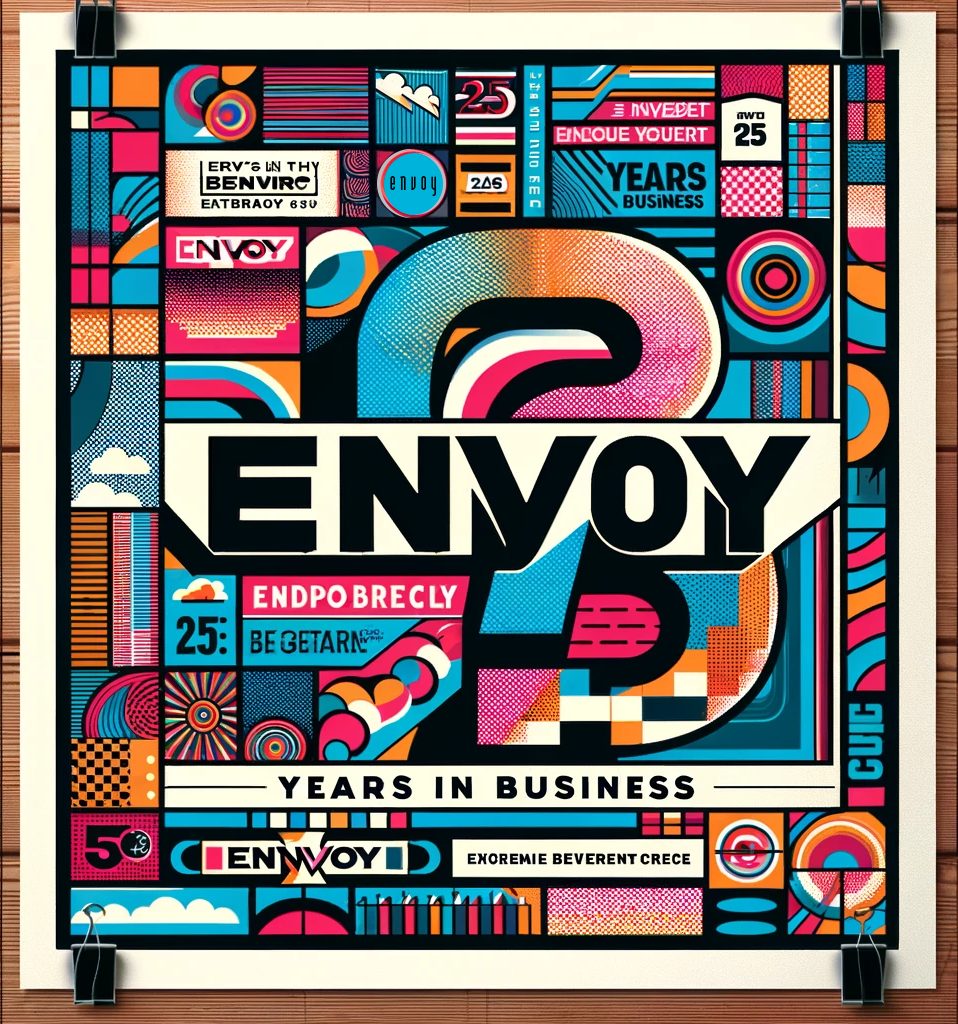As a technology entrepreneur, I’ve faced countless ups and downs. From the thrill of securing funding to the gut punch of failed launches, I’ve experienced it all. But the most valuable lesson I’ve learned is the importance of staying calm in adversity. One story has guided me through the turbulent waters of entrepreneurship more than any other.
There’s an ancient Chinese proverb about a farmer whose horse runs away. His neighbors say, “What bad luck!” The farmer simply replies, “Who knows what’s good or bad?” The next day, the horse returns with a wild horse. The neighbors congratulate him on his good fortune. Again, the farmer responds, “Who knows what’s good or bad?”
This proverb perfectly captures the entrepreneurial journey. That “devastating” product flaw we caught before launch? It led to crucial improvements. The painful pivot that felt like failure? It opened doors to our current success. The lost client that seemed catastrophic? It forced us to diversify our base.
I’ve learned to cultivate this mindset through three key practices:
1. Mindfulness – Even a few minutes daily helps maintain perspective. Instead of spiraling about the future or dwelling on past mistakes, stay present and focused.
2. Reframing Challenges – Every setback contains opportunity. When we discovered major software issues before a launch, it felt crushing. We had invested months of work, and our timeline was derailed. But after taking time to process, we realized this setback prevented a much bigger disaster. We didn’t just fix the flaw – we added features that made the product stronger. Now when faced with setbacks, I immediately look for the hidden opportunity. Is this forcing us to strengthen our processes? Are we learning something crucial about our market? Is this pushing us to innovate in ways we wouldn’t have otherwise?
3. Building Support Systems – No one succeeds alone. From co-founders to mentors to family, having people who support you through turbulent times is crucial. They provide perspective when you lose it.
The art of staying calm isn’t about avoiding stress – it’s about developing tools to navigate it with grace. Success requires maintaining equilibrium through the highs and lows. Like the farmer, we must learn to greet both fortune and misfortune with the same question: “Who knows what’s good or bad?”
Remember, in building something meaningful, challenges aren’t obstacles – they’re part of the path. The real question isn’t whether difficulties will come, but how we’ll respond when they do. Every “failure” I’ve faced has ultimately led to greater success, not because of the circumstances themselves, but because of how we chose to view and respond to them.
























